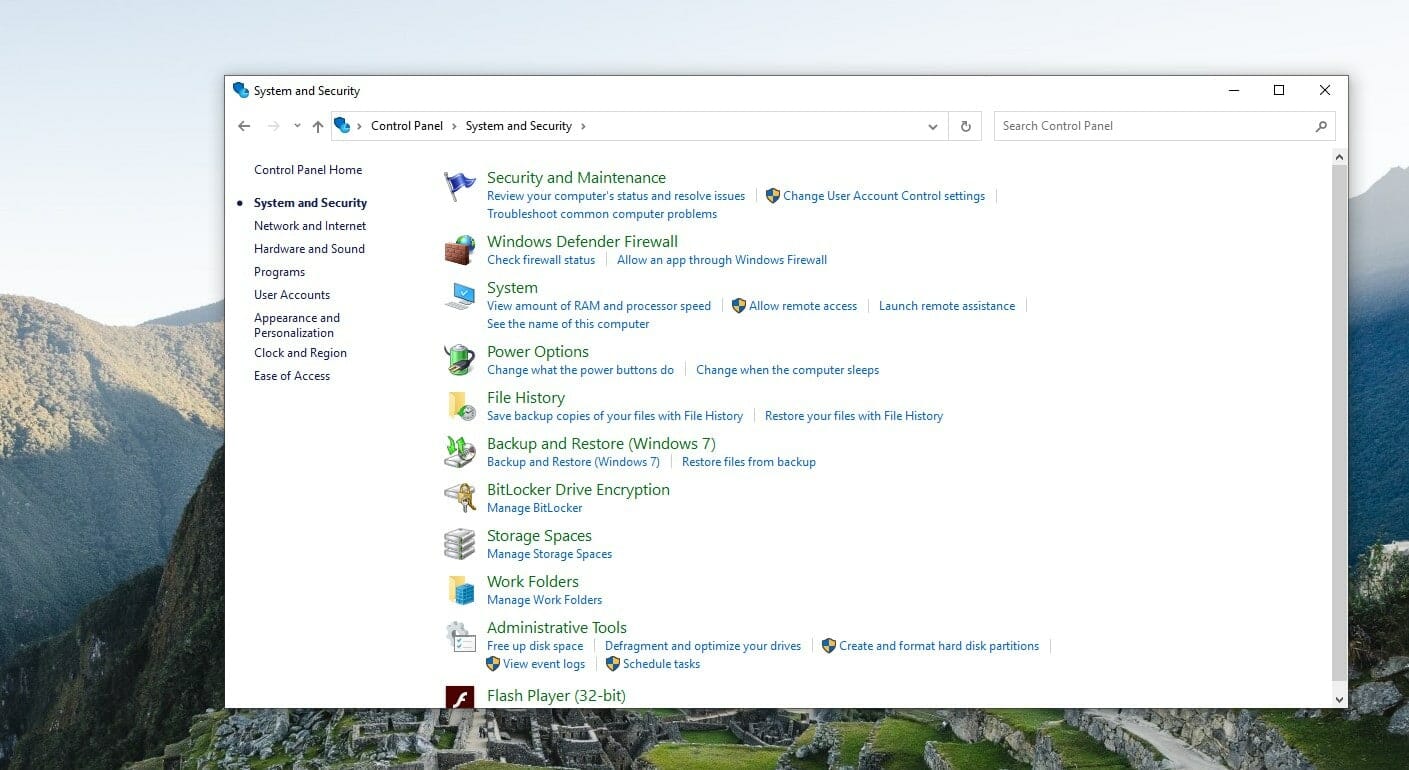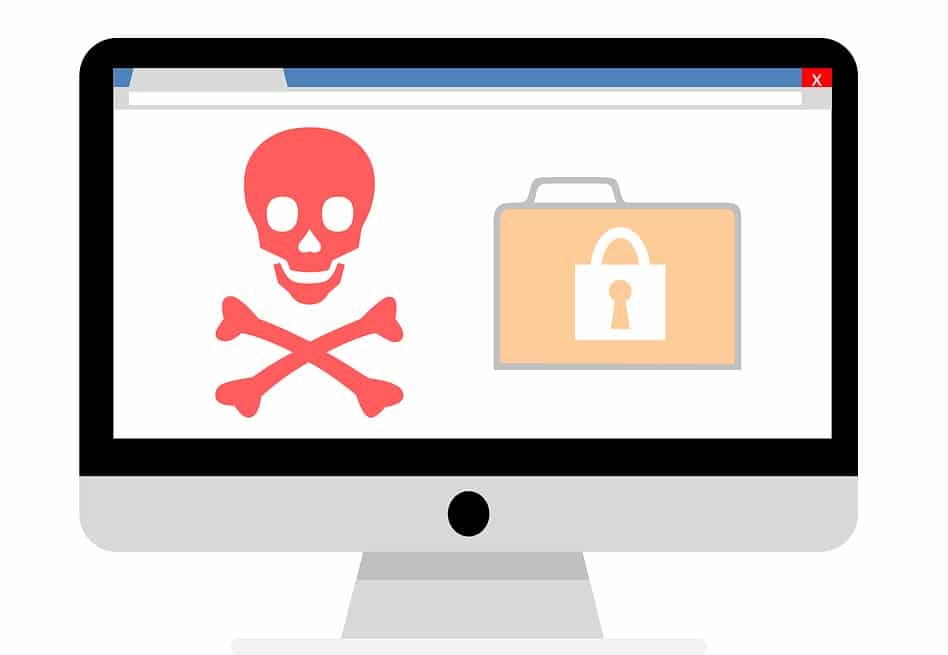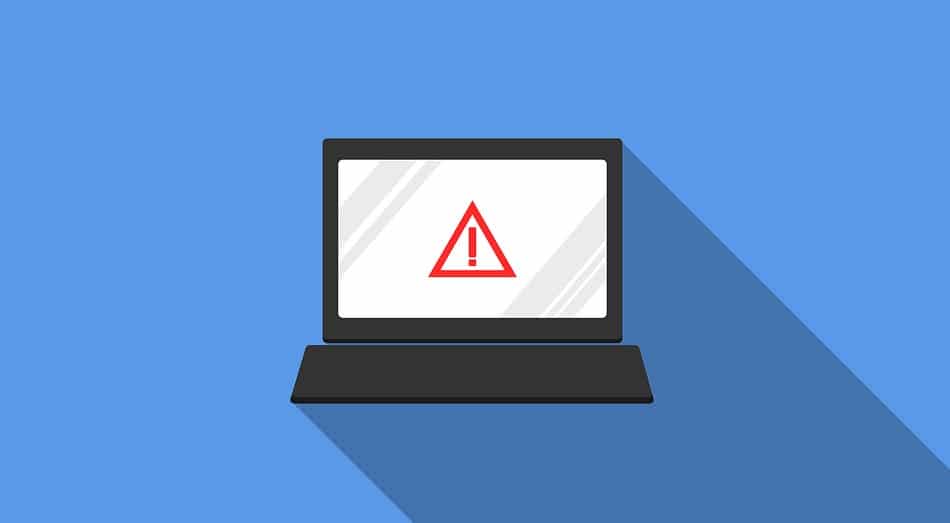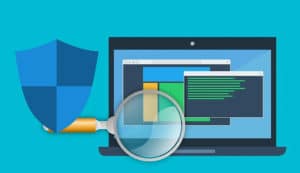Table of Contents
Make no mistake about it - you need an antivirus to protect your system from a world of threats. These days, simply running an app, installing software, or even connecting to the internet can put your computer operating system in harm’s way. Viruses and malware are becoming more sophisticated all the time, making them more difficult to deal with than ever before and even the once trouble-free Linux users need to protect themselves from online threats - see the best antivirus for Linux review. On the other hand, those who think that antivirus also can be a strain on your computer's performance can check out this post.
Knowing which antivirus software program you have installed on your computer operating system is advisable for one or two important reasons (see also how to uninstall antivirus). Different versions of Windows Defender have very different capability levels when it comes to operating system security and protection. More importantly, ensuring you have a dedicated antivirus program running alongside Windows Defender is important (see the top network security software here). On
While the protection Antivirus Windows Defender provides is good enough to cover the basics, it really isn’t enough to provide comprehensive coverage. If looking to stay completely safe, you want antivirus programs that offer as many layers of protection as possible, with a long list of security features (like antivirus with VPN we also reviewed) and the benefit of professional customer support.

But how can you find out which antivirus programs you currently have installed on your system? Where can you find the information on what your computer is using right now for protection from viruses and malware?
Truth is, there are various ways you can access the information you need and answer this question. You can check using your Windows 10 Windows Security Center inside the control panel, you can conduct a manual search or you can even use a test virus to see what’s running on your PC.
Lets’ take a brief look at how each of these options works.
Windows Security Center via Control Panel
The quickest and easiest way to check what antivirus program you are using is to have a quick look at the system tray on your desktop. There will almost always be a small icon visible, which when you click will indicate what it is and provide you with a selection of options. You could also look at the full list of programs and software installed on your computer, in order to find your antivirus program.
Alternatively, you can head over to the Microsoft Security Center in Windows 10 to check the security status of your PC, perform scans, and generally tweak the various options provided by Windows Defender (see also 'How to Disable Microsoft Security Essentials'). However, Windows Defender will be automatically disabled if you are running a third-party antivirus suite (see AVG and McAfee, or AVG and Kaspersky). In which case, you can then head into the antivirus and threat protection section and you will be presented with the information on the antivirus program running on your computer.

Even though Windows Defender will not be providing your main layer of security protection, it will still be keeping an eye on how things are working with your other antivirus program, such as AVG or Bitdefender. Take note of the antivirus program you are using for future reference and ensure it is up to date.
Perform a Manual Search for Antivirus Software
If you would prefer not to use Windows Security Center and Windows Defender to find your antivirus program, you can choose the manual approach. Though depending on how many programs and applications you have on your system, it could take a little time to go through them all.
Still, it’s a relatively simple process that begins when you access the full list of programs currently running on your computer. You simply need to head over to the start menu and go through the programs you see, one by one.
An easier option may be to open the Apps and Features menu in Settings, which will give you an even clearer list of all of the programs installed on your computer. However, it’s worth noting that whatever antivirus app you are using, may not actually say “Antivirus” or “Security” by the app. It could simply have the name of the brand or the package, such as Avast or Norton.
Try a Test Virus
This may seem like a radical option, but it can help in a variety of ways. Running a test virus doesn't just help you find which anti-virus program you are using. It can also check whether or not it is actually working, which for obvious reasons is a good thing.
It’s simply a case of downloading a safe and approved test virus from the web, which you can then run on your computer in the normal way. At which point, either Microsoft Windows Defender or the related security software you are using will burst into life to detect the software.

Again, assuming it is working. If so, you will be provided with a warning of the threat detected and will clearly see which program is providing protection on your computer. If none of your programs pick up the virus, you have your answer - you currently have no protection at all.

Are Antivirus Programs Still Necessary in 2021?
The security protection provided by Windows Defender is surprisingly good and has been enhanced significantly over the years. Something most people using Windows computers are aware of, which often results in a false sense of security.
Truth is, irrespective of which version of Windows and Windows Defender you are using, built-in antivirus always has its limitations. It’s better than nothing, but this does not mean you don’t stand to benefit from the additional features (see AVG and Lookout review), functionalities, and support provided by a third-party antivirus suite. It goes without saying for all other operating systems out there, including the Chromebook antiviruses we covered in this post.
Jumping straight to the conclusion, therefore, yes - you still need a full-scale antivirus solution to protect your computer in 2021 and the coming years. As for why, it’s a case of considering the various benefits of standalone antivirus, along with the convenience and peace of mind that come with an additional layer of security defense installed on your computer.
A few points of importance to bear in mind:
1. It’s not all about viruses
First of all, viruses are by no means the only threat you should factor in. If anything, viruses in the traditional sense are taking a back seat to other types of malicious software and malware. Those who want to access your files and your computer with negative intent in mind have dozens of options available for mounting attacks these days. With so many different types of threats to contend with, you must ensure you are using software that knows how to detect, prevent and deal with as many viruses and malware as possible. So, if you are gaming online, these security options are recommended, and for businesses there are also top picks to consider.

2. Windows Defender offers limited protection
It is almost impossible to criticize the in-built Microsoft security system in its Windows operating system. The fact that it is included free of charge with every Windows installation means you’d have to dig pretty deep to find anything to complain about. But at the same time, free antivirus software installed always has its limitations. A lot of people expect free apps to be just as secure and protective to malware as those you have to pay for (see AVG payment plans). On the other hand, software like Panda offer a single subscription with multiple licenses, which is also handy. Now, while it’s not to say that you can’t protect your computer to an extent with Windows Defender, you inherently get limited protection at best.
3. You can never be too careful
New threats are emerging all the time, meaning the programs installed you use to protect your computer need to be as dynamic as possible. Even if an anti-virus suite is up to date with all the latest threats today (for different packages see AVG Ultimate and Internet Security) it could technically fall dangerously behind the curve within a matter of weeks - maybe even days. Just as soon as you let your guard down, this is when things go wrong.

4. Total protection is surprisingly affordable
Last but not least, most of the highest quality antivirus programs available are not only cheap but are also 100% free of charge to try out. There’s therefore nothing to lose by putting their features and functionalities to the test, after which you can sign up if you’re happy or try another program. Either way, you really cannot put a price on the total protection of your computer and your most important data.


